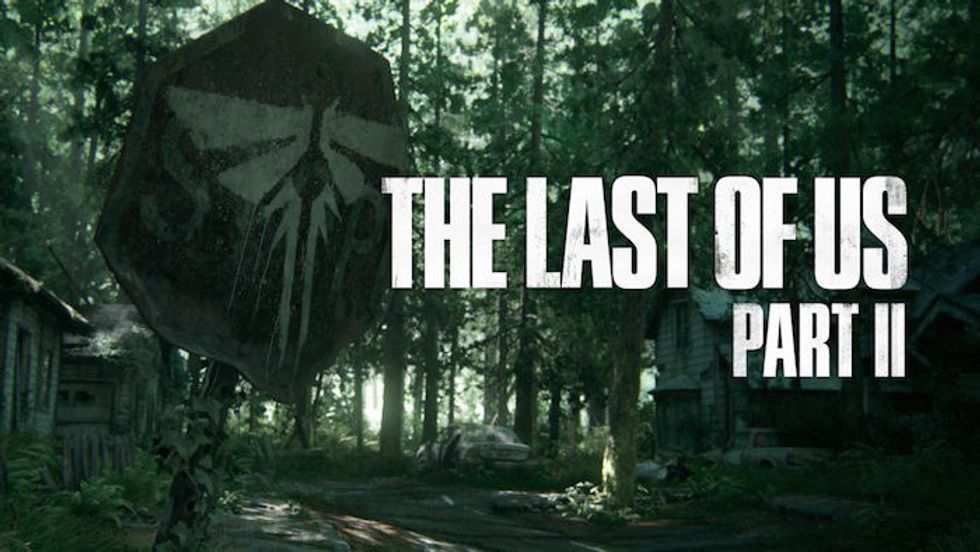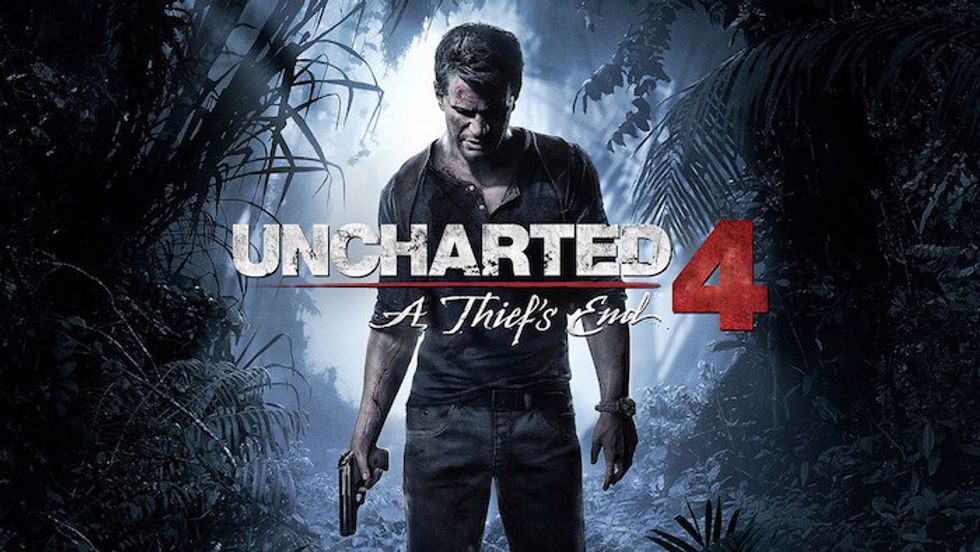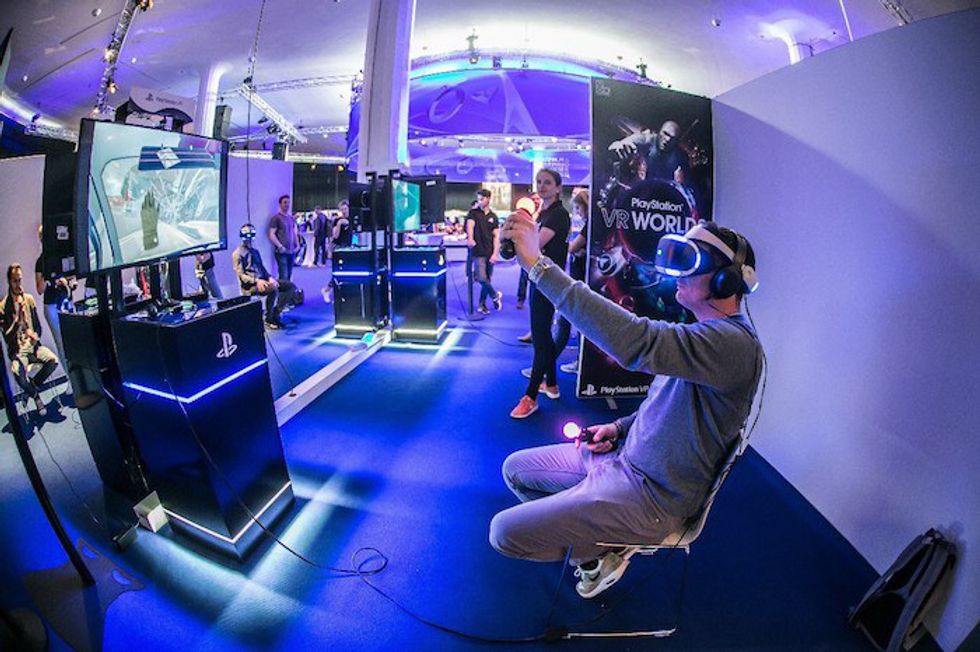Whether you play FIFA 2017, Destiny, Candy Crush, Call of Duty, or GamePigeon you are, by definition, a gamer. According to Google, a gamer is someone who plays games typically in a computer or role-playing game, but why are girls who play games called "gamer girl?" If you play a game, you're a gamer, but there is this cultural distinction between genders that comes with all sorts of insulting characteristics that may deter other girls from trying video games out. If girls aren't called out in online chart forums to make a sandwich, they suddenly become "attention whores." It seems like girls in the gamer world can't catch a break, and that's some bitter irony considering this reality: women are everywhere in two of the most successful video game franchises to date, Uncharted and Last of Us.
(Image courtesy of NaughtyDog.com.)
On December 3rd, Playstation released the teaser trailer for Last of Us Part II, and gamers everywhere lost their minds. Since Last of Us was released in 2013, people have avidly followed the game's production company, Naughty Dog, for updates or possible leaks about a potential sequel. When all of that intense investigation and speculation amounted to nothing within the first and second years since Last of Us was first released, people began to think that a potential sequel would be saved for a power play move from Playstation. However, all of that changed with the trailer's release this past week.
Now instead of wondering if the sequel would ever be released, fans can eagerly anticipate an epic story written by Neil Druckmann and Halley Gross. Although Druckmann is a name fans have tied to Last of Us since its release, Gross is a newcomer. However, she isn't a complete unknown. For those of you who are fans of Westworld, you will be pleased to know that she was part of the writing team that made some its best episodes come to life. Gamers already know Druckmann has the writing chops to bring the latest installment in the Last of Us installment, but they can rest assured knowing Gross will be a integral component to the game's imminent success on the storyboard. Otherwise Naughty Dog would never have played such a heft gamble with one of its most successful series.
(Image courtesy of Playstation Blog.)
Gross's career with Naughty Dog is just about to begin, but this isn't the first time Naughty Dog has hired a talented female writer to lead one of their most profitable franchises. Uncharted, with the exception of Uncharted 4, was creatively led by Amy Hennig. Prior to Uncharted, she was also creatively involved with another beloved Naughty Dog franchise best-known for its Playstation 2 success, the Jak and Daxter series. Both Uncharted and the Jak and Daxter were Naughty Dog heavyweights before Last of Us came onto the Playstation scene, but both series were indubitably shaped by Hennig's exceptional writing talents. Both franchises exalted the Playstation brand, and they continue to harbor her influence with complex characters and innovative storytelling even after she left the company in 2014.
Although Gross is the most recent female writer to make gamer headlines, Hennig has left a permanent impression on avid gamers' experiences for years, and yet female gamers are still considered to be a timid minority in the gaming community. Some may argue that Gross and Hennig's respective influences behind-the-scenes makes them poor representations of females' presence in video games, but female gamers make up a formidable, albeit quiet, minority. A recent article published on Kotaku.com titled "Teenage Girls Are Playing Video Games. You Might Just Not Hear Them" reports that nearly 60% of a Pew Research Center study play video games. However, most of them refrain from speaking or playing online, because of the reaction they elicit from male gamers.
(Image courtesy of Walbert-Schmitz.com.)
Based off personal experience alone, I can tell you why girls don't play online or refrain from speaking online: it's a hostile environment. If you play side-by-side with other avatars, who you can assume to be mostly male, everything is chummy until you tell them you're a girl. Suddenly, you're not just an ally or an enemy in a challenge; you're a female. It's like the ambiance changes entirely, and you can't play without hearing a snide sexist remark. Unfortunately, it doesn't matter whether you win or lose either. Winning or losing comes with its own challenges, and all of those are brought on by this stigma that you're a female in a seemingly male world. It's like you're either fetishized for liking video games or you're insulted. There is rarely a middle ground, and this is all based on the misconstrued assumption that video games are a "guys' thing."
I hate to break it to you delusional bigots out there, but girls are everywhere in the gaming world. Whether we're working hard to make some of your favorite games come to life or we're in the same online team you've joined, we're there.
And I think it's safe to say that we won't be leaving any time soon.





















